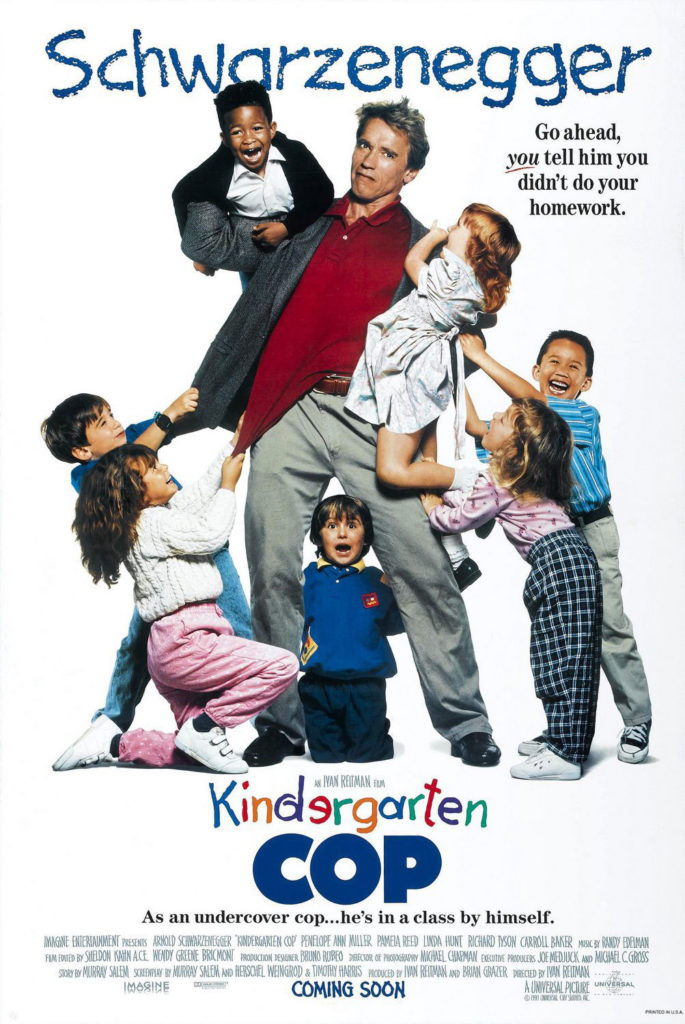Sometimes, the toughest thing when writing about film is being impartial. Not every film a reviewer watches fits into their tastes or what moves them, but that does not mean a film is bad, or that it can be simply dismissed. The immediate, visceral reaction that one has to a film is only one factor that must be considered in deciding whether or not it is any good. For me, personally, there is no greater film kryptonite than a family flick. Even when I was a kid I could barely tolerate a family flick. Anything that tries so hard to be inoffensive, that so consciously tries to remove any edge or soul that is has, that appeals to the softest parts of all of us, is a whitewashing of the human experience, a greater fantasy than anything with dragons and orcs in it. Nobody, and I mean nobody, smiles as much as the suburban American zombies that inhabit family films. I don’t know why the idea of wholesomeness enrages me so much, but it always has, and it always will.
So, going in, I had a bit of a bias against when it came to watching Kindergarten Cop, the second collaboration between Arnold Schwarzenegger and Ivan Reitman. When I first conceived of Arnold month, I neglected to take into account the hours I would have to spend with crossover Arnold. It began with Twins, and the pile of money that film made meant there would be no escaping further lighthearted entries in Arnold’s filmography.
In this film, Arnold plays John Kimble, a Los Angeles cop who has been chasing Cullen Crisp (Richard Tyson), a local gangster, for years. He finally has Crisp in jail on a murder charge, but in order to strengthen the case, they need to locate Crisp’s estranged wife and son, hiding somewhere in Astoria, Oregon. Some tortured twists and  turns in the plot lead Kimble to becoming the teacher in the child’s kindergarten class, only he doesn’t know which kid is Crisp’s.
turns in the plot lead Kimble to becoming the teacher in the child’s kindergarten class, only he doesn’t know which kid is Crisp’s.
Everything leading up to Kimble entering the classroom for the first time has been mere prologue. Everything exists to set up the running gag of Arnold Schwarzenegger teaching a kindergarten class. The character of Kimble doesn’t even matter at this point. Arnold is in a room full of five and six year olds! Gold! This, then, is a fish out of water scenario in search of a plot. I understand that an idea always precedes a story, but Reitman and the screenwriters were trying to shove a ridiculous backstory into this movie. Why not just make Kimble a schoolteacher for real? When supporting characters ask him how in the world an Austrian bodybuilder ended up teaching kindergarten, Kimble actually comes up with a believable story. When the fake story is more believable than the plot, maybe it’s time to rethink the movie.
As I wrote above, I am not a fan of the family film, nor am I easily won over by a film that gives so much screen time to little kids. Normally, children just can’t measure up to the demands made in the script. It’s not for lack of trying, but more for lack of experience. But Reitman seemed to have solved that problem. A small child’s experience is dominated by preschool and kindergarten. By keeping the bulk of his cast in an environment with which they were intimately familiar, Reitman got naturalistic performances out of the least naturalistic actors on the planet. In addition, Arnold had decent chemistry with the kids. It actually works, even if it is a very odd thing to see Arnold have the kids goose-stepping around the school. Bravo, Ivan.
Kindergarten Cop is no less of an amorphous blob than any other family film, but it threatened on occasion to swell my withered heart a size or two. I would not recommend seeking this film out for a regular evening’s entertainment, but if a viewer absolutely, positively has to watch something with the kid in the room, it’s not a bad choice. With one caveat. Like Twins, this movie has a body count. Why, I have little idea.
